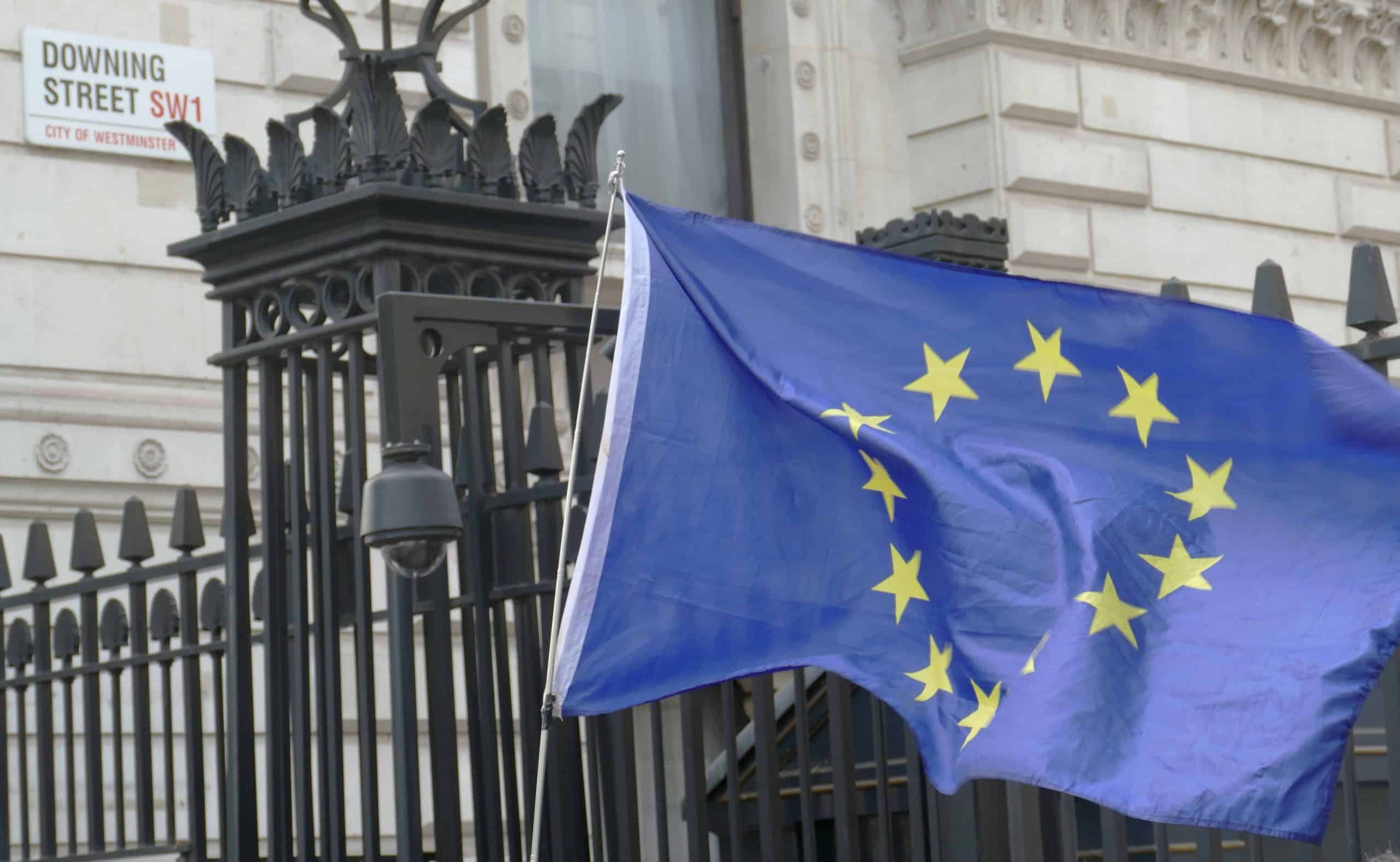Facing mounting uncertainty surrounding Britain’s looming departure from the European Union, the British pound has experienced a period of considerable turbulence. As is commonplace with fiat currencies, political events often have a substantial impact on the value of the pound sterling (GBP).
Recent developments in British politics are no exception. Recently on Sept. 24, the Supreme Court of the United Kingdom ruled that UK Prime Minister Boris Johnson acted unlawfully by proroguing Parliament, casting further doubt on the immediacy of Brexit. This ruling dissolved recent GBP gains.
The pound also dropped on October 7 after the highest Scottish Court rejected legislation attempting to force Prime Minister Boris Johnson to request a delay of a British departure from the EU if no deal is agreed upon by October 19. This rejection reduces the Prime Minister’s legal challenges, heightening the likelihood of a no-deal Brexit.
Analysts have argued that the event of a no-deal Brexit would have a significant negative impact on the value of the British pound. This, in conjunction with various other factors, has influenced many investors to invest in cryptocurrencies which are predicted to soar in value in the event of a no-deal Brexit.
See related article: Caroline Malcolm, OECD’s Head of Blockchain Policy Center, on International Blockchain Regulation
Though a nascent industry, historically cryptocurrencies have tended to increase in value in periods of uncertainty. A no-deal Brexit will undoubtedly bring about a period of intense uncertainty and potentially high gains for crypto investors, however cryptocurrencies such as bitcoin are of course subject to their own speculation driven volatility.
There are some cryptocurrencies that peg their value to forex markets, such as Libra, the upcoming cryptocurrency helmed by Facebook. However, there is an inherent problem facing such cryptocurrencies.
Historical trends show that fiat currencies are notably volatile in the long run and significantly depreciate in value. For example, the value of the United States Dollar fell 14 percent between 2016 and 2018. And indeed, over the past 25 years the British pound has lost nearly 51 percent of its purchasing power. This could mean that savings invested in forex markets or cryptocurrencies pegged to forex markets could face periods of significant loss in terms of purchasing power.
The expected volatility of these currencies has led to the creation of a viable alternative: an algorithmic-based stablecoin that is anchored to global economic growth. Consider that the International Monetary Fund showed that the rate of real-world GDP, adjusted for inflation, between 2000 and 2010 averaged 3.7 percent.
Judging by historical trends, stablecoins tied to global economic growth have the potential to act as not only a low volatility investment, but an investment with the potential for high rates of return. The likelihood of the depreciation of the British pound in the event of a no-deal Brexit may have a negative impact on global forex markets, further strengthening the argument in favor of a cryptocurrency that is not affected by political events or short term forex changes.
The Institute for Fiscal Studies warned that a no-deal Brexit would likely increase British public debt levels to an estimated 100 billion pounds which would be the highest level of public debt in nearly 50 years.
To counteract an economic contraction, the British government will most likely engage in short-term fiscal stimulus policies followed by austerity. To pay for its debts, the British Government may be forced to print additional currency. This quantitative easing which has resulted in much global currency devaluation over the past five years, particularly in the eurozone, would further depreciate the pound and could potentially lead to some degree of hyperinflation.
Regardless of what type of Brexit there will be, it is highly likely that the pound will face a period of high volatility. This may have a knock-on effect on other currencies, signaling that forex markets are facing high levels of uncertainty.
This level of potential instability is rarely seen in markets pegged to global economic growth, further indicating higher amounts of opportunities for investment stability and profitability in stablecoins.
Algorithmic stablecoins that appreciate in tandem with the predictable and sustainable trends of global economic growth may well be the soundest safe harbor investment that both institutional players and individual savers turn to over the next decade.




